Blog
-
Immediate Reactions
“The Hunt” (2020) directed by Craig Zobel
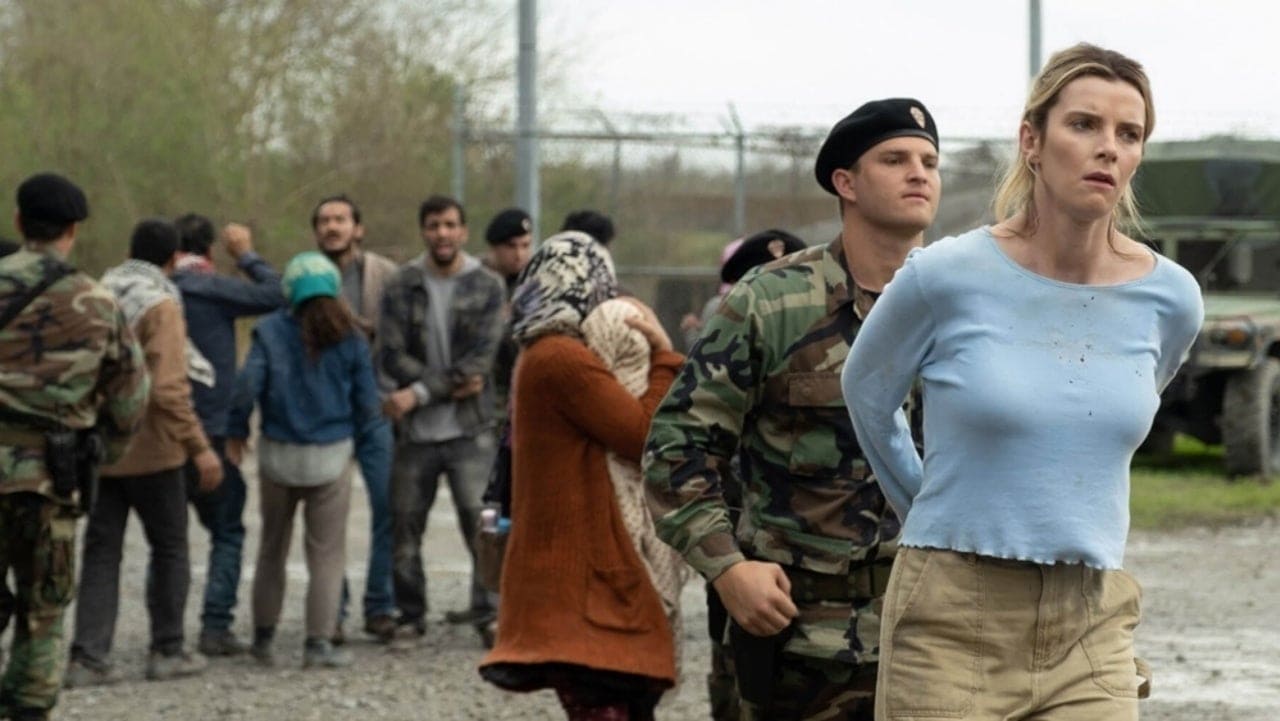
Uhhhhh, not very good! It’s extremely heavy-handed in taking the opportunity to mock conservatives, liberals, *and* the apolitical elite who are the true villains of society, sure, sure. But it scans as a bunch of SNL skits stitched together.
For one thing, it’s trying to subvert your standard “ragtag group against the odds” rules of screenwriting. It throws many decoy protagonists your way and also doesn’t allow you time with the antagonists. It revels in dispatching characters for shocks and giggles. This is the sign that it’s not committed to the social commentary it got so much heat for. Nearly everyone is disposable and as a result, so is the message.
I do want to recognize Betty Gilpin, who I most recently saw in GLOW. She’s good in each of the projects I’ve seen her in.
Imagine my surprise when I see this was written by Lindelof & Cuse, but not *that* Lindelof and Cuse. Nick Cuse is Carlton’s son.
Craig Zobel, the director, was apparently involved in Homestar Runner? #themoreyouknow -
Here, Have a Comic Strip

Originally found on Mastodon: https://mastodon.social/@MrLovenstein/115809498565596465
J.L. Westover’s Patreon: https://www.patreon.com/cw/mrlovenstein
-
A Recent Letterboxd Review

Avatar: Fire and Ash (2025)
Read on LetterboxdIt makes sense that Way of Water and Fire and Ash were originally one movie. There’s a key moment in the second movie where Jake tells Lo’ak that he finally understands him and loves him for who he is, unburdened of the fear triggered by his own relationship with his parents and brother (using just three words, no less). And then in this movie, it seems like Lo’ak has to somehow earn trust back again.
The evil whale harpoon guy is back. And the ethically conflicted marine biologist is still here, being ethically conflicted. There is once again a tense council of Na’Vi with Tulkun discussing the fate of Payakan. Na’Vi Quarritch once again is getting helped out and physically saved by at least one member of the Sully clan. Here’s Norm again, reiterating that Kiri will die if she tries to commune with Ewya underwater. You thought it was cool when a whale creature slammed itself on a ship? How about a dozen warships and even more whales slamming themselves in the same fashion, with similar results? You see, it’ like poetry, it rhymes.
No, but I mean that literally. They took perfectly acceptable movie setpieces and created an echo effect that makes the world more immersive.
If you’ve ever had a human relationship in your life – with a parent, a partner, whatever – you know that life is not like the movies where you have a single story moment that allows your relationship to grow and deepen. When the relationship is rocky, it’s fits and starts. Someone can see you. And then they lose sight of you, being pulled back into their own troubles and displacing it on you. This is what happens with Jake. It was never going to be just one moment of understanding. It’s a process.
In political disagreements among factions of the same group, you often end up having the same theatrics about a decision made by people in power, as you do with the Tulkun elders here. The same opponents to the decision are involved and if they’re lucky, they’ve picked up more support. Sometimes those with power double down and impose harsher versions of their decision, such as banishing Payakan farther away forcing Lo’ak into a more removed subplot. It drives Lo’ak to despair and he almost gives up utterly. Because it’s not just painful to lose once. It’s painful to keep losing, even when you thought you’d seen a way out not long ago. And it’s in those moments when you have to tap into inner strength to take the longer journey and make a bigger stand.
You condense these moments as shorthand to entertain. You stretch them out when you’ve written full characters that won’t be contained.
It’s your prerogative to disagree. I understand if you saw the potential to go somewhere different with this entry and were let down. I get that you only have so much time on this earth and 6+ hours of “can the Sullys team up with the whales to stop the decimation of a beautiful island paradise culture” asks a lot of you. But, for me, I’ve come to deeply admire what Cameron and his team have invested in building these stories. I think we’re privileged to spend time with these characters and marvel at these waters.
And I like when the whales make things go boom. Maybe some other creature will make different things go boom next time, but I love that we built up to that in two separate movies.
-
Outer Wilds Status
Still stuck figuring out whether there’s like….*more* to this game than just 22-minute episodes of exploring what the previous Nomai explorers had to say.
Today I managed to explore more of Ash Twin (I think that’s the one that’s initially covered in sand). But now I think my remaining orange dots have me exploring The Hanging City on Brittle Hollow and the mines on the sister planet, Ember Twin.
Earlier this week, I had the signalscope check out the Deep Space Satellite and this morning all I determined was that the radio tower communicating with it can be found nearby on Timber Hearth.
-
An Organizing Note
I’ve been working with some groups that try to get tenants organized to push back on the abuses of various types of landlords. This was my first campaign seen from beginning to end.
Tenants in Durham came out to City Council’s late October meeting to support an ordinance that would make it a misdemeanor for landlords to collect rent on slum-like conditions, including lack of water and multiple fire hazards.
Four members were initially skeptical and hostile to the ordinance, hemming and hawing on whether it would put Durham in conflict with the state legislature. But dozens of people came out, pushed back, and spoke out.
The ordinance passed 7-0.
This isn’t a magic wand for tenants living with these conditions. It’s not within the scope of the city’s powers to enforce a penalty for the crime of being a slumlord. But it helps tenants put such landlords on notice. It helps tenants in a lawsuit seek rent abatement. And it helps tenants in eviction court to get the resources they need.
-
Recent Media Stuff
Hover over or tap on each thumbnail to read about my experience. (Scroll for longer text).



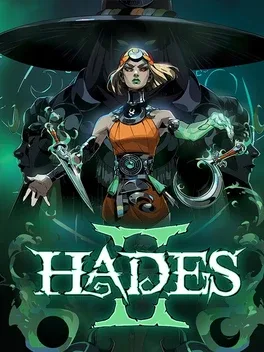


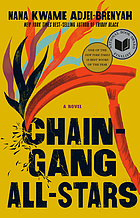
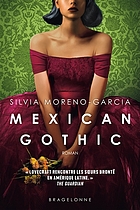




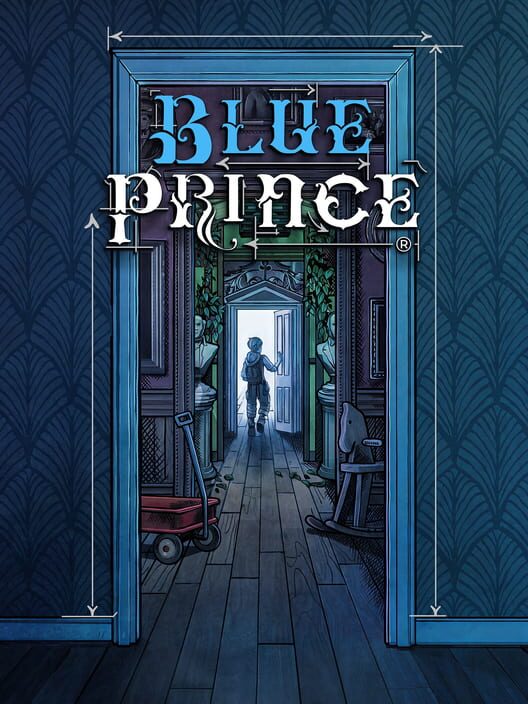
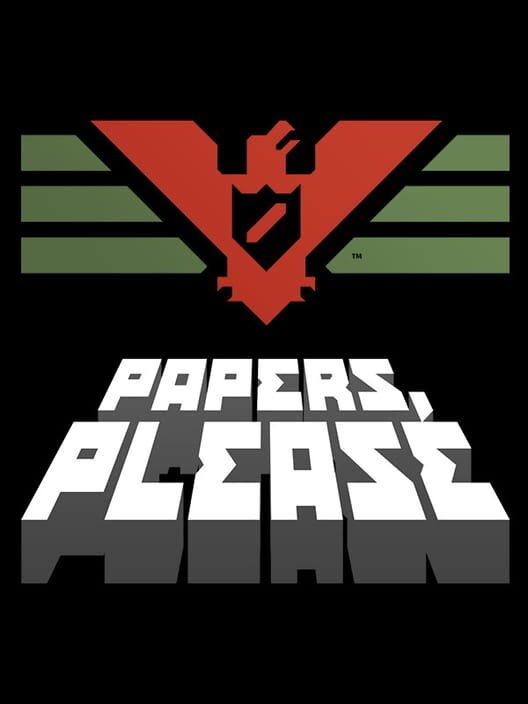
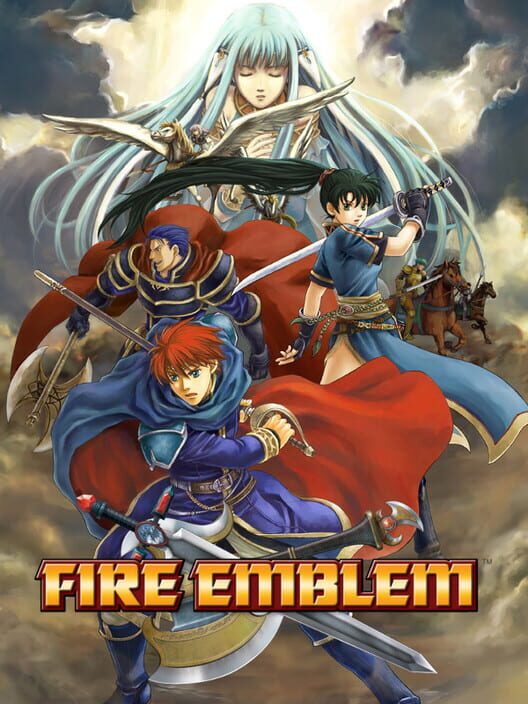



-
I read The Satanic Verses for Book Club

Our book club theme for September was “banned books” and our nominations list included this one, Looking for Alaska by John Green, Sold by Patricia McCormick, All Boys Aren’t Blue by George M. Johnson, Fun Home by Alison Bechdel, and The Chocolate War by Robert Cormier.
Interestingly, the one we settled on by a substantial margin was the book that wasn’t banned by a typical Western and Christian-influenced censorship apparatus. Whereas books like “Boys Aren’t Blue” and “Fun Home” are banned for exploring queer identities, “Verses” was censored in over 20 countries due to controversy over its portrayal of Islamic mythology. The book’s place in history is anchored by the fatwa declared by Iranian religious leaders more than thirty years ago. The bounty placed on Rushdie’s head did eventually lead to an assassination attempt by a random New Jersey man just a few years ago. (Rushdie survived and published a memoir revolving around the violence).
The uncomfortable thing about online discourse of this book is that there seems to be a micro cottage industry of people who use this book as a way to grind an axe against Islam as a faith. Looking for videos on the book will often surface a dark muttering of commenters who say that the fatwa controversy surrounding “Verses” justifies everything they think about Islam and Muslims.
A befitting irony for the novel’s themes of narratives that are imposed on people and events is that this is hardly a book dedicated as a polemic or committed to poking a finger in the eye of Muslims. It can be irreverent – cheekily so. There’s cynicism about organized religion and since Rushdie was born into a Muslim family, he uses the backdrop of Islamic history to make some points. But if you’ve ever read a satirical retelling of Christian Biblical events, like Lamb by Christopher Moore or seen The Life of Brian movie, you’re already familiar with this approach from writers emerging from Christian worldviews.
Ultimately, my favorite chapter of Satanic Verses is one of the several allegorical visions that alternate with the main plot. It involves a village that has become extremely devout due to the power of a prophetess and is now embarking on an arduous pilgrimage on foot to Mecca. The chapter’s title, “The Parting of the Arabian Sea,” indicates what the final obstacle will be for these pilgrims. I suppose one could walk away from this chapter and say “wow, Rushdie really portrayed some truths about the darkness of religious extremism,” but I came away feeling like this was Rushdie’s acknowledgment about the power of faith and some of the downsides of steadfast skepticism.
Faith is a well. One can draw strength from it, but that well can be poisoned. In a desert with no other reservoirs, one can become so dependent that it leaves you vulnerable to corruption. But in the harsh conditions of reality, an oasis can still be the only reason we preserve and find respite.
I guess I just felt like Rushdie’s views on the faith background he came from are a little more nuanced and complex than the discourse would have you think.
-
6AM, Waiting for the Oven to Preheat for My Kid’s Crescent Rolls
I’m watching Drop and it’s a solid thriller – sort of displaced in time, because it uses the sort of broad strokes that I imagine an old school thriller would, but it’s dependent on modern technology.
Do you know I’ve never seen Rear Window? Hell, I’ve never seen Psycho. I have the DVD. I picked it up at a library sale all the way back in Arlington, but I’ve never “made the time.”
Making the time. What a concept.
-
News Articles I’d Like More People to Read

Over the summer, a slew of bands began to make similar announcements on social media: They’d be pulling their music off Spotify, the largest streaming service in the world.
It started in June with indie rock quartet Deerhoof. Within weeks, groups like Xiu Xiu, King Gizzard & the Lizard Wizard and Hotline TNT followed suit. The wave of departures continued into September; most recently, The Mynabirds, WU LYF, Kadhja Bonet and Young Widows have all decided to leave Spotify. So why are musicians — many of them independent — removing their songs from the most popular streamer globally, which has nearly 700 million users?
All artists cite Spotify CEO Daniel Ek’s ties to Helsing, an artificial intelligence defense company…. In 2021, Ek’s venture capital firm Prima Materia invested more than $100 million into the German startup. This past June, Prima Materia raised more than $700 million for Helsing, where Ek is now also chairman….The Financial Times reported that Helsing is now producing its own drones, aircraft and submarines.